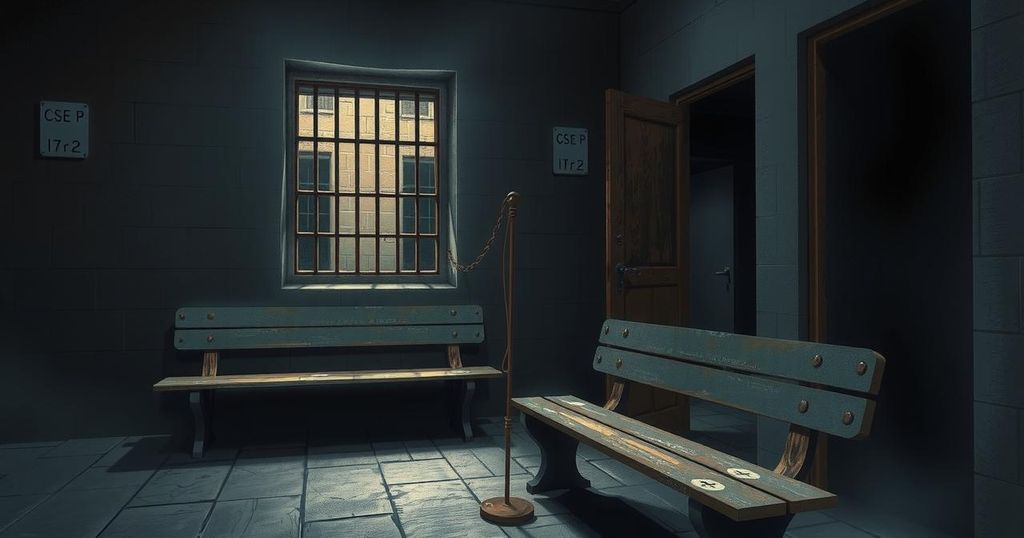Rodrigo Duterte’s Arrest: A Significant Shift in Philippine Politics

Rodrigo Duterte, former president of the Philippines, has been arrested under an ICC warrant and is facing extradition to The Hague. The arrest stems from his controversial anti-drug policies leading to numerous extrajudicial killings. Alliances and tensions with the Marcos family complicate the situation, as Duterte’s daughter faces potential impeachment, affecting their political power. The upcoming elections will test the support for both families amid rising tensions.
Rodrigo Duterte, the former president of the Philippines, has found himself in custody as he faces an International Criminal Court (ICC) arrest warrant. Upon returning to Manila from Hong Kong, where he was supporting candidates for the mid-term elections, Philippine police arrested him under an existing warrant that the government quickly executed. Duterte, who appeared frail, was promptly taken to an air force base to be transported to The Hague.
Duterte’s power and popularity had seemingly insulated him from potential repercussions for his controversial anti-drug campaigns, during which thousands of extrajudicial killings occurred. While he cannot run for office again, family alliances had formed with the Marcos clan, leading to a deal that positioned his daughter, Sara Duterte, for the vice-presidency while allowing Ferdinand Marcos Jr. to assume the presidency.
The alliance initially worked, with both candidates winning by large margins. However, tensions arose, particularly when Sara’s requests for significant cabinet positions were denied. Additionally, a growing rift was evident as President Marcos took a different political direction, distancing himself from Duterte’s aggressive policies.
Complications escalated between the two political dynasties. An impeachment petition was filed against Sara Duterte, with the potential consequences threatening her political career and the Duterte family’s influence. This power struggle has raised questions about the future of both families in Philippine politics.
While the ICC’s investigations pose a serious threat to Duterte, current President Marcos has navigated the situation to neutralize his former ally. However, this strategy carries risks as the Dutertes maintain significant public support, potentially leading to protests against Duterte’s extradition. Sara has condemned the government’s actions, accusing them of compromising Filipino sovereignty.
As the political landscape shifts, the mid-term elections in May will serve as a critical measure of support for these rival families. Marcos has advocated for compliance with international obligations, although the nature of the ICC arrest raises doubts among the Philippine populace regarding its legitimacy.
In summary, Rodrigo Duterte’s extradition to The Hague marks a significant turn in Philippine politics, emanating from a complex alliance with the Marcos family. As political tensions rise and potential impeachment threatens Sara Duterte, the former president’s fate hangs in the balance. The unfolding events represent broader debates over governance, accountability, and international jurisdiction amidst a turbulent political landscape.
Original Source: www.bbc.com








